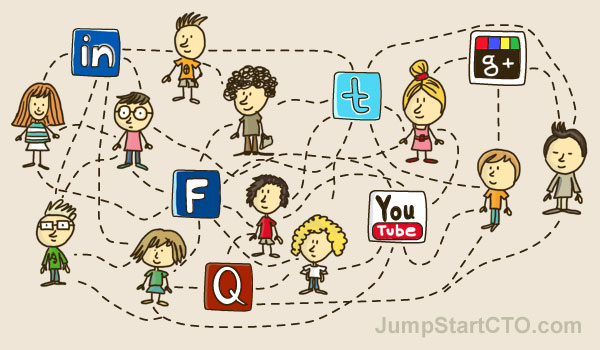This article discusses the importance of defining your html"}]' tabindex='0' role='link'>target audience or html"}]' tabindex='0' role='link'>Personas as they might be referred to by UEX and Product managers.
 html"}]' tabindex='0' role='link'>personas to help define your html"}]' tabindex='0' role='link'>target audience and better anticipate the user requirements that will need to be developed into your html"}]' tabindex='0' role='link'>Minimum Viable Product." width="600" height="350" srcset="" data-srcset="https://d2haskyseezqzi.cloudfront.net/wp-content/uploads/2013/06/target_audience01.jpg 600w, https://d2haskyseezqzi.cloudfront.net/wp-content/uploads/2013/06/target_audience01-300x175.jpg 300w" sizes="(max-width: 600px) 100vw, 600px"/>
html"}]' tabindex='0' role='link'>personas to help define your html"}]' tabindex='0' role='link'>target audience and better anticipate the user requirements that will need to be developed into your html"}]' tabindex='0' role='link'>Minimum Viable Product." width="600" height="350" srcset="" data-srcset="https://d2haskyseezqzi.cloudfront.net/wp-content/uploads/2013/06/target_audience01.jpg 600w, https://d2haskyseezqzi.cloudfront.net/wp-content/uploads/2013/06/target_audience01-300x175.jpg 300w" sizes="(max-width: 600px) 100vw, 600px"/>
Read More …
Category Archives: Marketing Strategy
Why defining your target audience is important
Preparing a Social Media Marketing Strategy for your MVP
Social media marketing has revolutionized the way young startups gather and interact with their target audiences and consequently it has influenced the way that we gather potential new customers. Social Media marketing is a good way to test your html"}]' tabindex='0' role='link'>Minimum Viable Product assumptions and gather user requirements. It may also help when searching for a html"}]' tabindex='0' role='link'>monetization model, and nonetheless aids in finding users for the beta release of your html"}]' tabindex='0' role='link'>Minimum Viable Product.
There are four keys to utilizing the power of Social Media. First is understanding the different methods and possibilities available when using social media. Second, prepare a plan for what is needed and expected from using the social media. Third, design and test the methods you plan to use to achieve your goals. Finally, execute your strategies while continuously adjusting your techniques and method, depending on the results you get.
The Mistakes We Make: Starting Up A Venture or Business, Part 2
We’re talking about common mistakes that people make in the early days of a start-up. Here’s the rest of the list, continued from Part 1.
Not Taking the html"}]' tabindex='0' role='link'>Lean Startup Approach
It is very tempting to build the best and most feature rich product, but does this serve your goals or your html"}]' tabindex='0' role='link'>target audience? No, it does not. You must identify the html"}]' tabindex='0' role='link'>minimal viable product which will meet the needs of your html"}]' tabindex='0' role='link'>target audience and remove all unneeded features and functionality of the initial version. Once your launch your product, you will discover the real needs and features needed – some will be as you might have expected but many will be new and come from your html"}]' tabindex='0' role='link'>target audience needs and reactions. [see also html"}]' tabindex='0' role='link'>Lean Startup" href="http://jumpstartcto.com/the-lean-start-up/" target="_blank">The html"}]' tabindex='0' role='link'>Lean Startup]
The Mistakes We Make: Starting Up A Venture or Business, Part 1
When starting up a new venture one has to be careful. Since each new venture has its own unique challenges, there are several common mistakes often repeated in the early stages of businesses that you need to watch out for; all of which could negatively affect your business further down the road.
These are some of the more common mistakes that I found commonplace in my experiences of working with startups.


